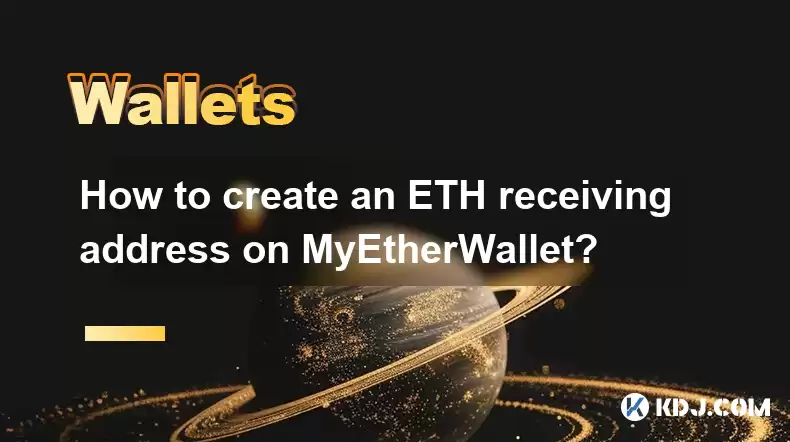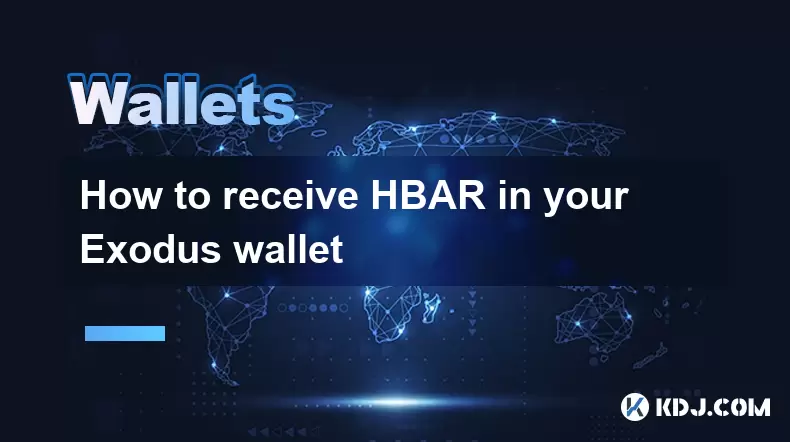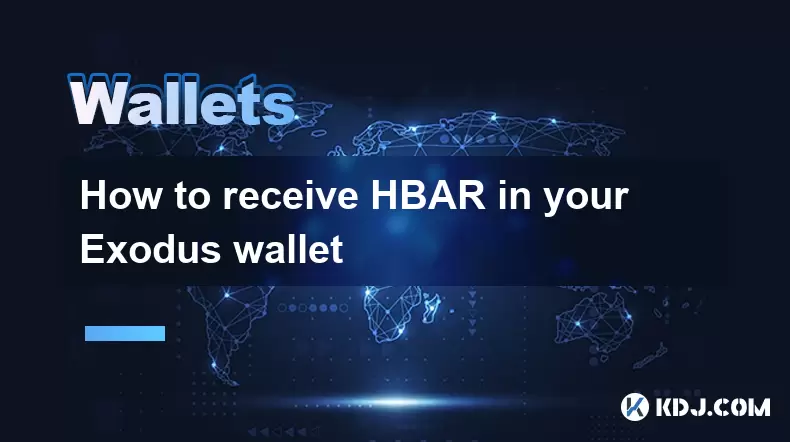-
 Bitcoin
Bitcoin $116400
-0.36% -
 Ethereum
Ethereum $4033
3.40% -
 XRP
XRP $3.302
-1.26% -
 Tether USDt
Tether USDt $1.000
-0.02% -
 BNB
BNB $796.1
1.67% -
 Solana
Solana $177.8
1.89% -
 USDC
USDC $0.9999
0.00% -
 Dogecoin
Dogecoin $0.2314
4.09% -
 TRON
TRON $0.3381
0.14% -
 Cardano
Cardano $0.7989
1.22% -
 Stellar
Stellar $0.4496
-1.84% -
 Chainlink
Chainlink $20.42
9.42% -
 Hyperliquid
Hyperliquid $41.17
0.88% -
 Sui
Sui $3.914
3.77% -
 Bitcoin Cash
Bitcoin Cash $584.7
1.52% -
 Hedera
Hedera $0.2632
-0.54% -
 Avalanche
Avalanche $24.09
3.40% -
 Ethena USDe
Ethena USDe $1.001
-0.02% -
 Litecoin
Litecoin $123.2
1.33% -
 Toncoin
Toncoin $3.318
-0.04% -
 UNUS SED LEO
UNUS SED LEO $8.984
-0.05% -
 Shiba Inu
Shiba Inu $0.00001323
2.85% -
 Uniswap
Uniswap $10.90
4.41% -
 Polkadot
Polkadot $3.999
3.34% -
 Dai
Dai $1.000
0.01% -
 Cronos
Cronos $0.1630
9.64% -
 Bitget Token
Bitget Token $4.484
0.82% -
 Monero
Monero $272.4
2.44% -
 Pepe
Pepe $0.00001173
6.03% -
 Aave
Aave $290.8
2.88%
How to create an ETH receiving address on MyEtherWallet?
MyEtherWallet (MEW) lets you manage your ETH and ERC-20 tokens securely; always protect your private key and keystore file to prevent irreversible loss of funds.
Mar 31, 2025 at 07:00 am

Understanding MyEtherWallet and ETH Addresses
MyEtherWallet (MEW) is a popular, client-side interface for interacting with the Ethereum blockchain. It doesn't hold your funds; instead, it allows you to manage your own private keys, giving you complete control over your Ethereum (ETH) and other ERC-20 tokens. An ETH receiving address is a unique identifier, like a bank account number, used to receive ETH. It's crucial to understand that your private key is the only way to access your funds, so securing it is paramount. Losing your private key means losing access to your ETH forever.
Steps to Create an ETH Receiving Address on MEW
Before starting, ensure you're using the official MyEtherWallet website to avoid phishing scams. The process is straightforward:
- Access MyEtherWallet: Navigate to the official MyEtherWallet website (check the URL carefully!).
- Create a New Wallet: Click on the "Create New Wallet" button. You'll be prompted to create a strong password. Remember this password; you'll need it to access your wallet.
- Download the Keystore File (JSON): After creating your password, MEW will generate a keystore file (a JSON file). Download this file and store it securely in a safe place offline. This file is crucial for recovering your wallet.
- Write Down Your Private Key: MEW will display your private key. Write it down on paper and store it securely in a separate location from your keystore file. Never share this with anyone.
- View Your Address: Once you've secured your keystore file and private key, your ETH receiving address will be displayed on the screen. This is the address you'll provide to others when receiving ETH.
Understanding Your Keystore File and Private Key
The keystore file (JSON) and your private key are both essential for accessing your ETH. The keystore file is encrypted with your password, offering an extra layer of security. However, the private key is the ultimate key to your funds. If someone gains access to your private key, they can access and transfer your ETH. Never share your private key with anyone, and never store it digitally in an easily accessible location.
Using Your ETH Receiving Address
Once you have your ETH receiving address, you can share it with anyone who wants to send you ETH. This address is usually a long string of alphanumeric characters starting with "0x". Always double-check the address before sending or receiving any significant amount of ETH to avoid errors. A small mistake in the address can lead to irreversible loss of funds.
Security Best Practices for Your MEW Wallet
Security should be your top priority when using MEW or any cryptocurrency wallet. Here are some essential security measures:
- Strong Passwords: Use a strong, unique password that's difficult to guess. Consider using a password manager to generate and store complex passwords.
- Offline Storage: Store your keystore file and private key offline – ideally, in a physical location like a safe or fireproof box.
- Regular Software Updates: Keep your browser and operating system updated to patch security vulnerabilities.
- Beware of Phishing: Be cautious of emails or websites claiming to be MyEtherWallet. Always double-check the URL before entering any sensitive information.
- Two-Factor Authentication (2FA): If MEW offers 2FA, enable it for an extra layer of security.
Importing an Existing Wallet into MEW
If you already have a keystore file or private key from a previous wallet, you can import it into MEW. This allows you to access your existing ETH. The process is similar to creating a new wallet, but instead of creating a new one, you'll choose the option to import a wallet using your keystore file or private key. Remember to exercise extreme caution and verify the authenticity of your keystore file and private key before importing them.
Troubleshooting Common Issues
Sometimes, issues can arise when using MEW. Understanding these potential problems and their solutions can save you time and frustration. For example, if you encounter issues with transaction confirmations, it might be due to network congestion or insufficient gas fees. Always check the current gas prices and adjust your transaction fees accordingly. If you encounter issues accessing your wallet, double-check your password and ensure you're using the correct keystore file.
Frequently Asked Questions
Q: Is MyEtherWallet safe?
A: MyEtherWallet itself is secure, but the security of your funds depends on your actions. Protecting your private key and keystore file is paramount. Using strong passwords, enabling 2FA (if available), and avoiding phishing scams are crucial for maintaining security.
Q: What happens if I lose my private key?
A: If you lose your private key, you lose access to your ETH and any other assets in that wallet. There is no recovery process for lost private keys.
Q: Can I recover my wallet if I forget my password?
A: You can recover your wallet if you have your keystore file. MEW will allow you to unlock your wallet using your keystore file and a new password. However, losing both your password and keystore file means irreversible loss of access to your funds.
Q: How long does it take to receive ETH after sending it to my address?
A: The time it takes to receive ETH varies depending on the network congestion. Generally, it takes a few minutes to a few hours for the transaction to be confirmed. However, during periods of high network activity, it can take longer.
Q: What are gas fees?
A: Gas fees are transaction fees paid to miners to process your transactions on the Ethereum network. The gas fee amount depends on the complexity of the transaction and the current network congestion. Higher gas fees generally result in faster transaction processing.
Disclaimer:info@kdj.com
The information provided is not trading advice. kdj.com does not assume any responsibility for any investments made based on the information provided in this article. Cryptocurrencies are highly volatile and it is highly recommended that you invest with caution after thorough research!
If you believe that the content used on this website infringes your copyright, please contact us immediately (info@kdj.com) and we will delete it promptly.
- Maxi Doge Presale: The Meme Coin That's Pumping Iron and Prices!
- 2025-08-09 19:10:11
- Rare Coin Warning: Don't Get Fooled by That 1p Coin!
- 2025-08-09 18:50:12
- Cardano, Unilabs, and Tron Price: Decoding the Latest Crypto Buzz
- 2025-08-09 18:30:12
- Aerodrome Finance: Price Targets and the Bullish Channel - What's Next?
- 2025-08-09 18:50:12
- BlackRock and the Crypto ETF Landscape: No XRP (Yet!), But What's Next?
- 2025-08-09 19:10:11
- Rare Coin Frenzy: eBay Sees 2p Coin Listed for Over £2K!
- 2025-08-09 18:55:11
Related knowledge

How to manage your portfolio in Exodus wallet
Aug 08,2025 at 10:07pm
Understanding the Exodus Wallet InterfaceThe Exodus wallet is a non-custodial cryptocurrency wallet that supports a wide range of digital assets. When...

How to reset your MetaMask password
Aug 08,2025 at 01:28pm
Understanding the MetaMask Password Reset ProcessMany users confuse the MetaMask password with the seed phrase or private key, but they serve differen...

How to buy Dogecoin on MetaMask
Aug 08,2025 at 03:42am
Understanding Dogecoin and MetaMask CompatibilityDogecoin (DOGE) is a popular meme-based cryptocurrency that operates on its own blockchain, originall...

How to switch between networks in Trust Wallet
Aug 09,2025 at 11:07am
Understanding Network Switching in Trust WalletSwitching between networks in Trust Wallet allows users to manage assets across different blockchains, ...

How to receive HBAR in your Exodus wallet
Aug 08,2025 at 11:28pm
Understanding HBAR and the Hedera NetworkThe HBAR cryptocurrency is the native token of the Hedera Hashgraph network, a distributed ledger technology ...

How to receive HBAR in your Exodus wallet
Aug 09,2025 at 06:07am
Understanding HBAR and the Hedera NetworkHBAR is the native cryptocurrency of the Hedera Hashgraph network, a distributed ledger technology that uses ...

How to manage your portfolio in Exodus wallet
Aug 08,2025 at 10:07pm
Understanding the Exodus Wallet InterfaceThe Exodus wallet is a non-custodial cryptocurrency wallet that supports a wide range of digital assets. When...

How to reset your MetaMask password
Aug 08,2025 at 01:28pm
Understanding the MetaMask Password Reset ProcessMany users confuse the MetaMask password with the seed phrase or private key, but they serve differen...

How to buy Dogecoin on MetaMask
Aug 08,2025 at 03:42am
Understanding Dogecoin and MetaMask CompatibilityDogecoin (DOGE) is a popular meme-based cryptocurrency that operates on its own blockchain, originall...

How to switch between networks in Trust Wallet
Aug 09,2025 at 11:07am
Understanding Network Switching in Trust WalletSwitching between networks in Trust Wallet allows users to manage assets across different blockchains, ...

How to receive HBAR in your Exodus wallet
Aug 08,2025 at 11:28pm
Understanding HBAR and the Hedera NetworkThe HBAR cryptocurrency is the native token of the Hedera Hashgraph network, a distributed ledger technology ...

How to receive HBAR in your Exodus wallet
Aug 09,2025 at 06:07am
Understanding HBAR and the Hedera NetworkHBAR is the native cryptocurrency of the Hedera Hashgraph network, a distributed ledger technology that uses ...
See all articles

























































































